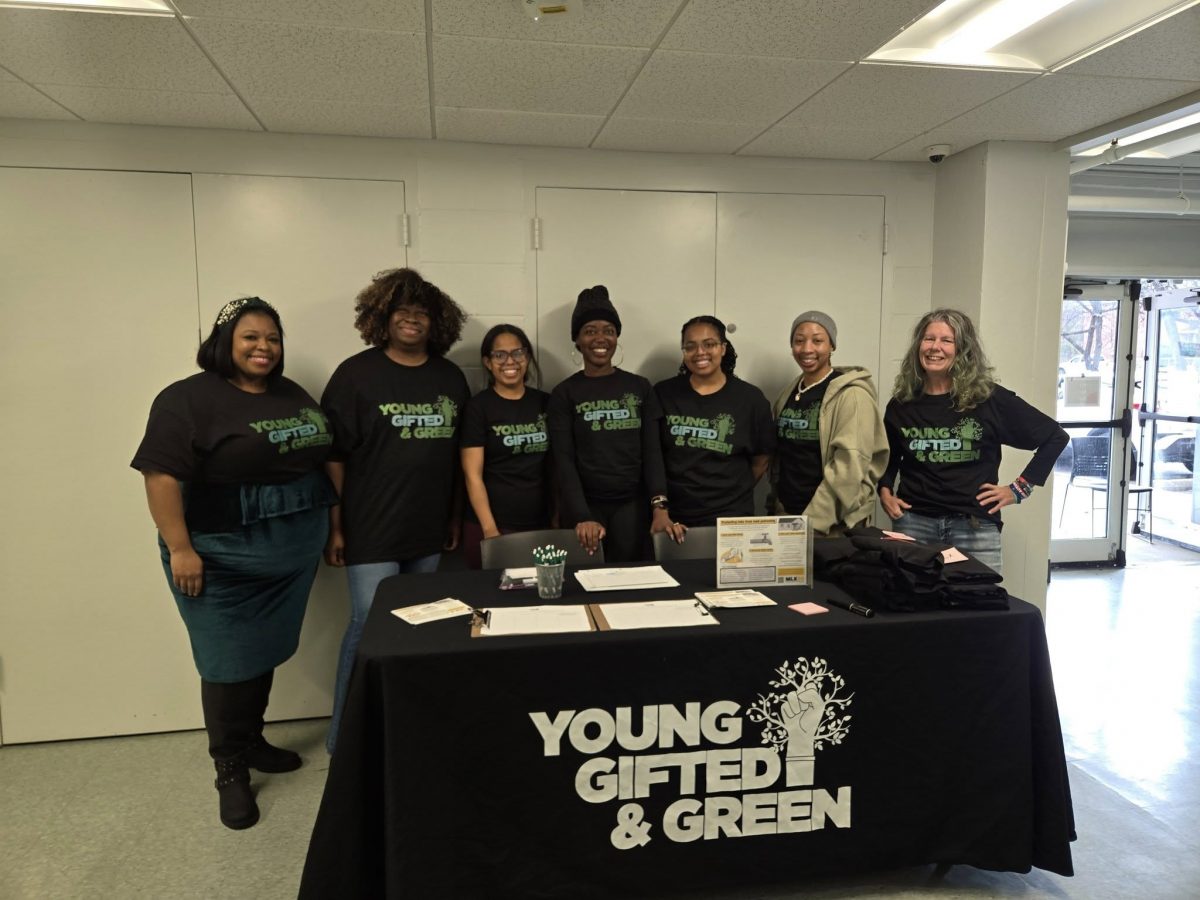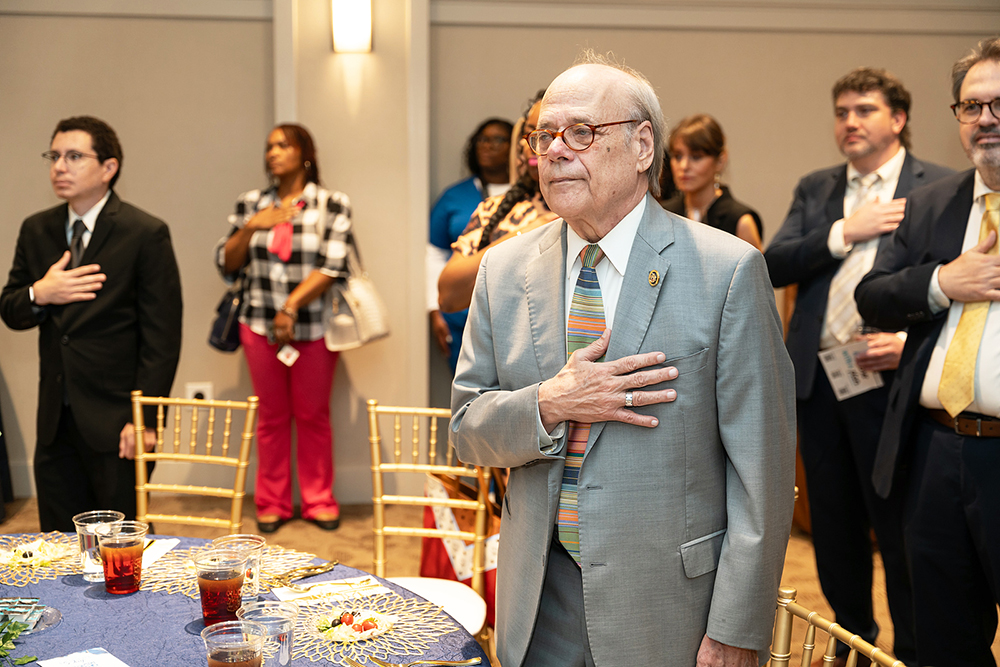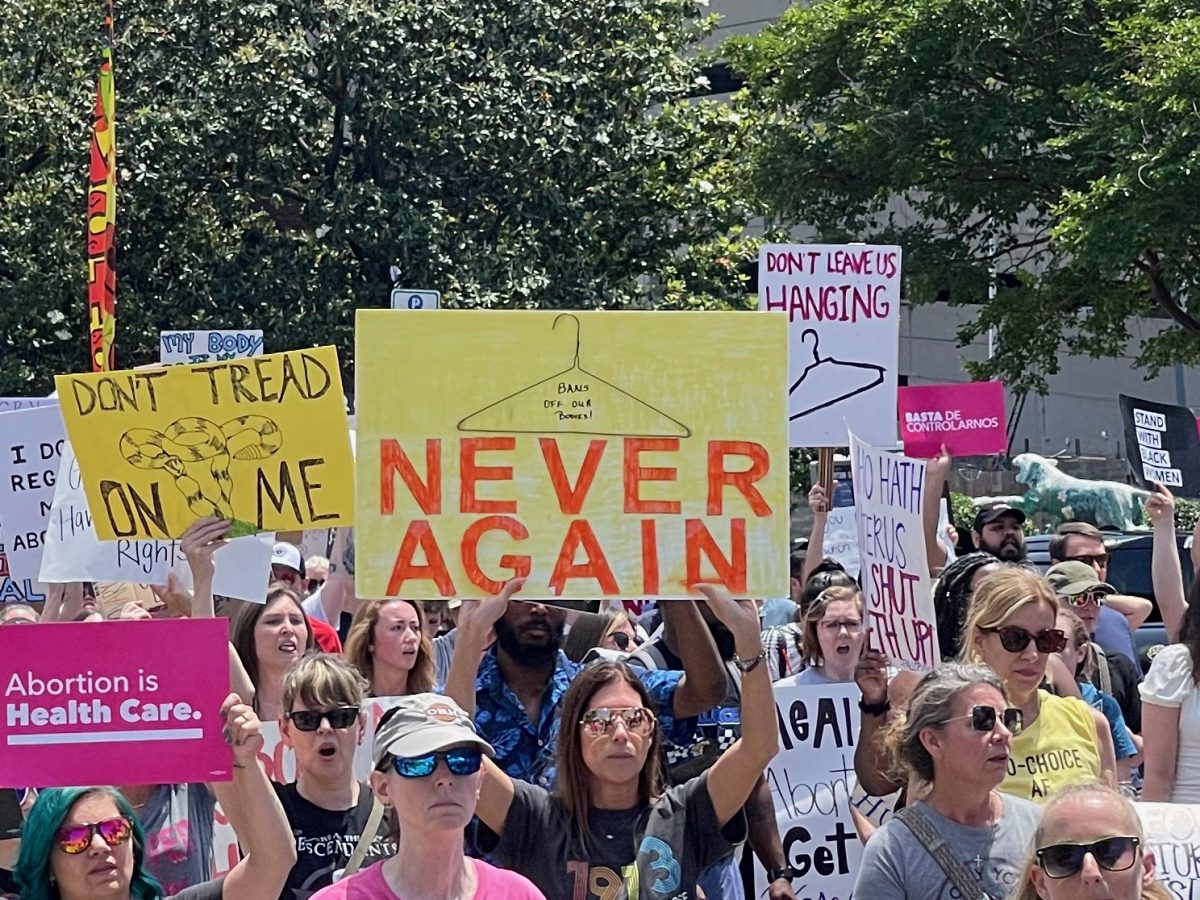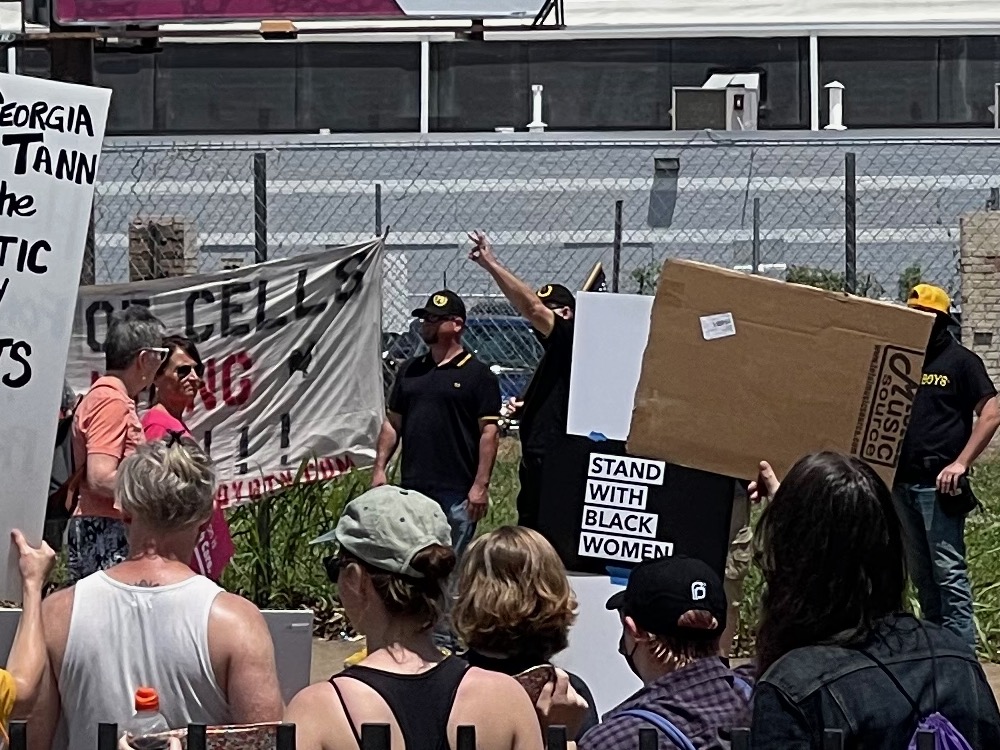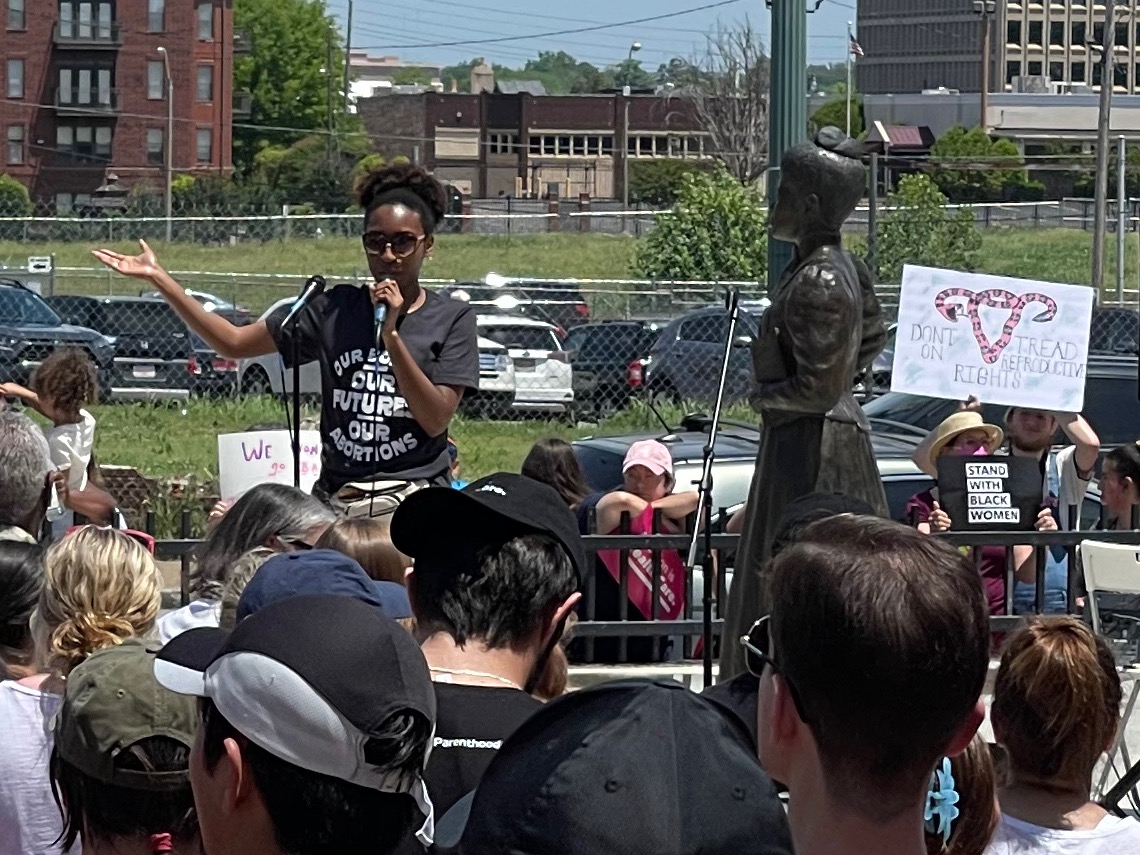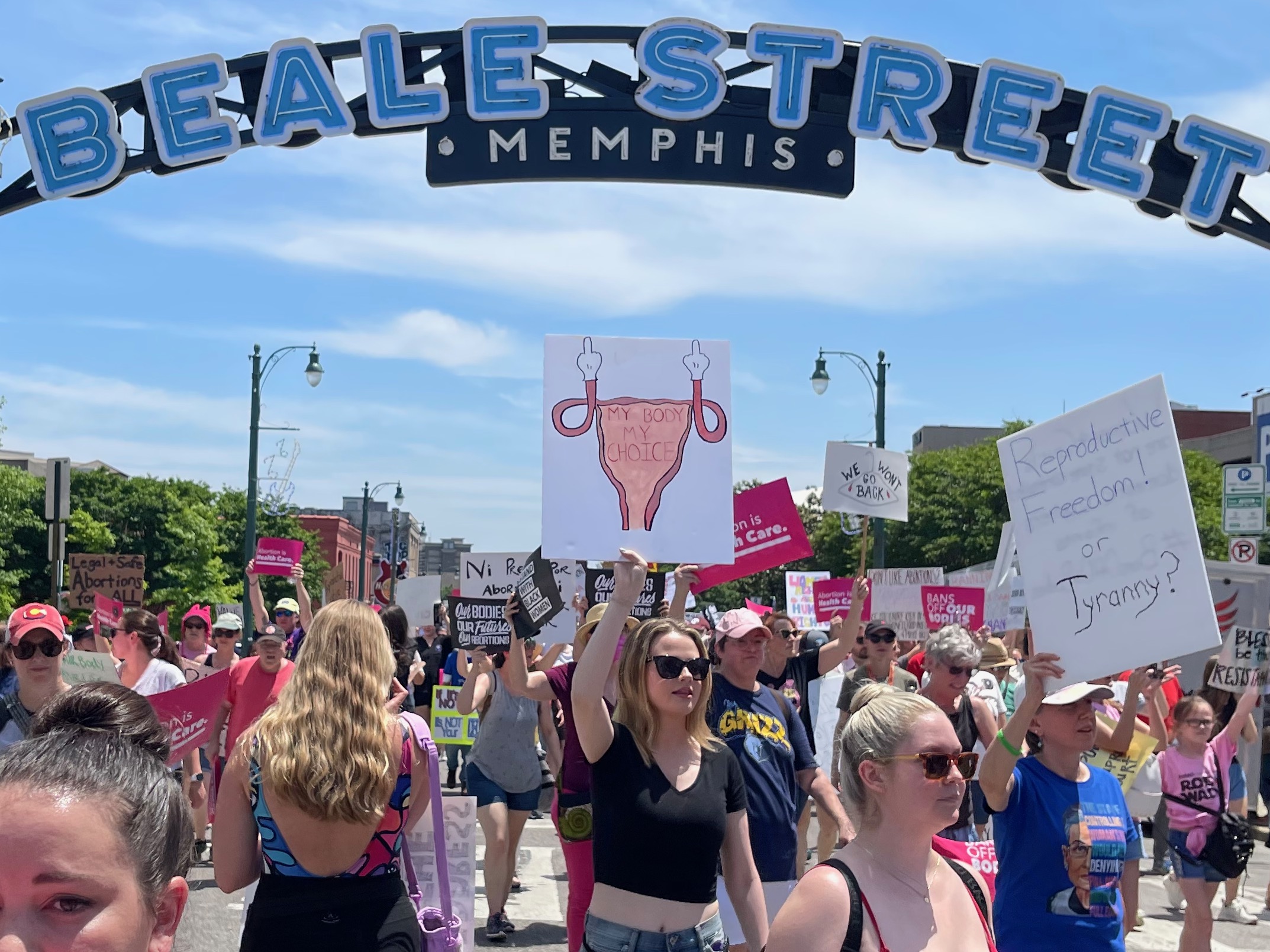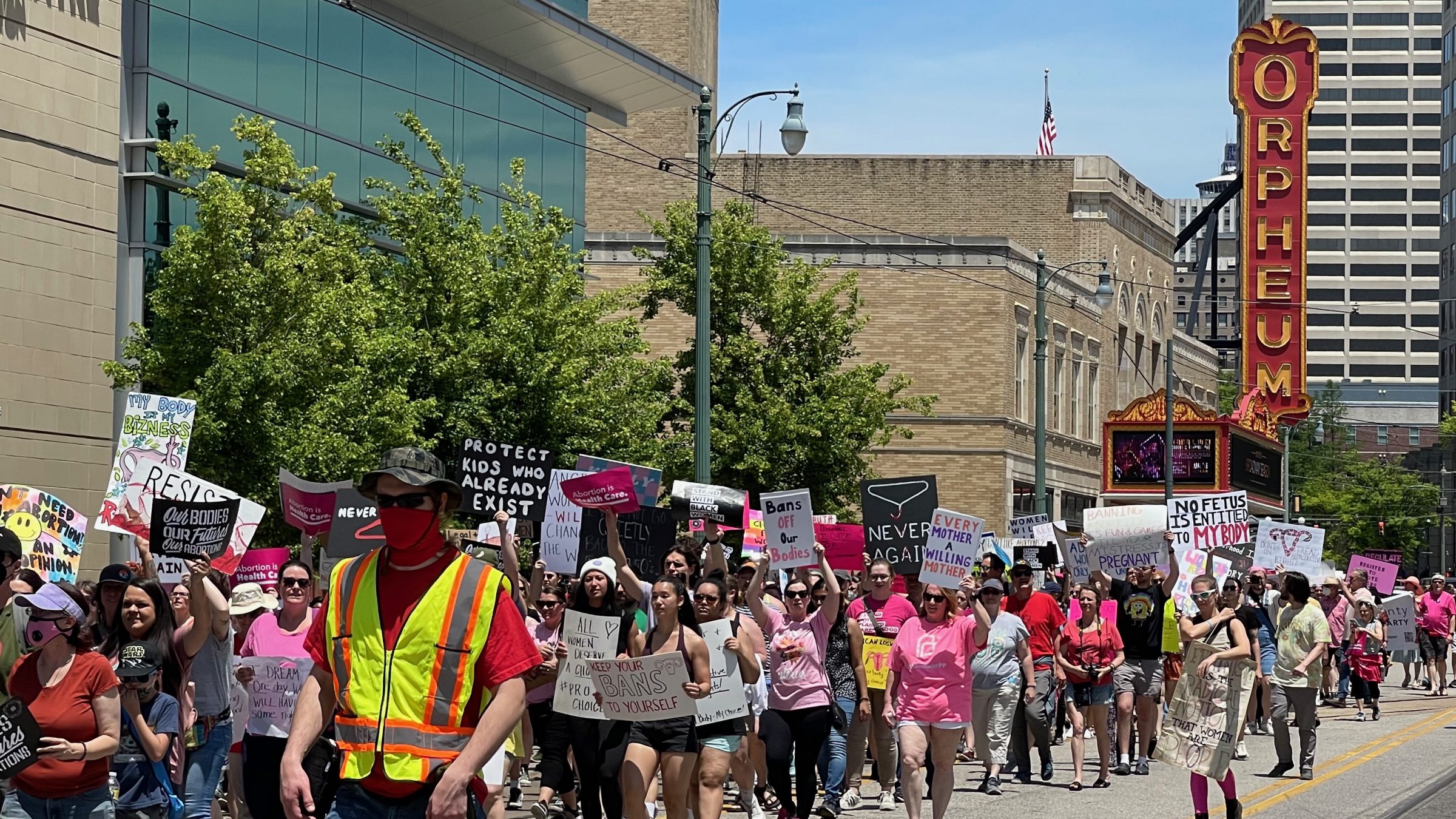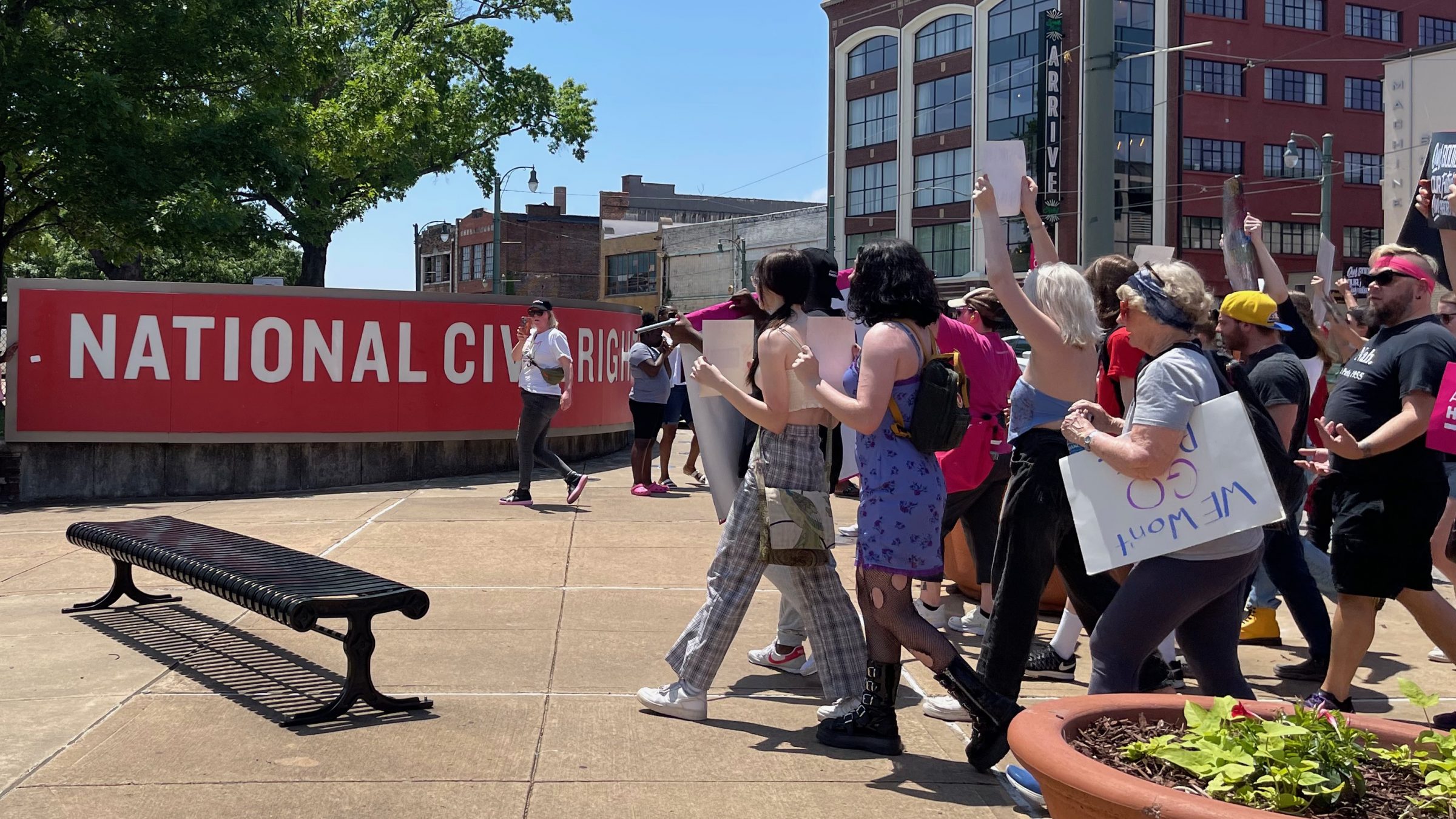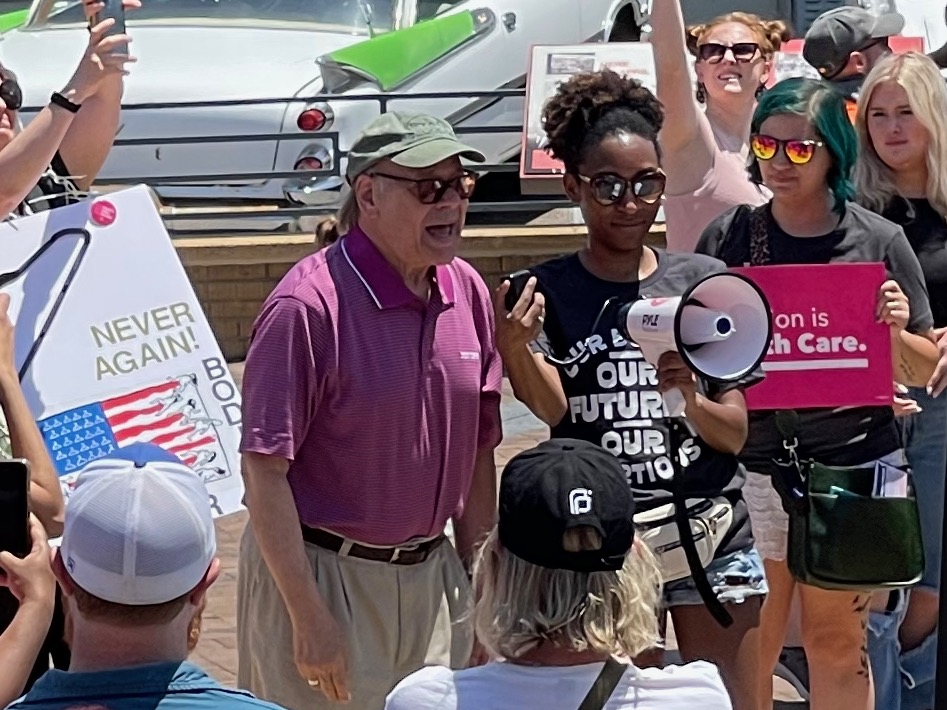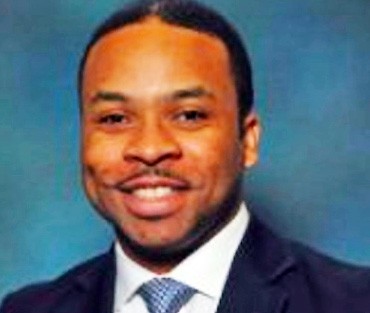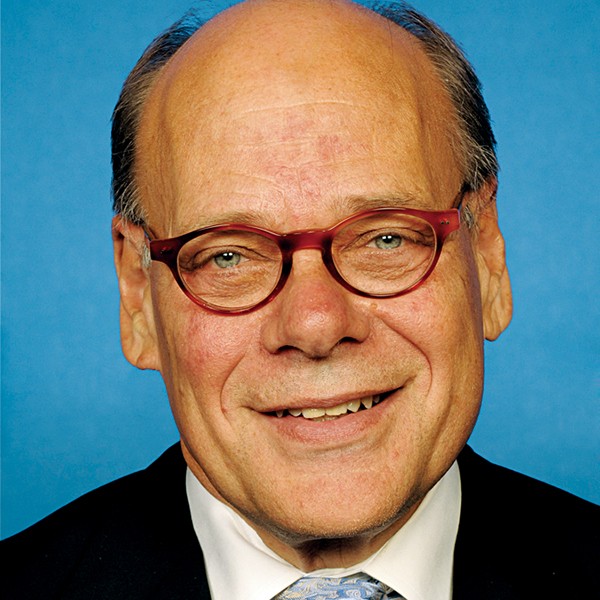The announcement of a freeze on federal funding for public loans and grants is likely to affect an environmental justice project for Memphis.
On January 27, a memorandum was leaked from the Office of Management and Budget to heads of executive departments and agencies. The letter ordered all federal agencies to “temporarily pause all activities related to obligation or disbursement of all Federal financial assistance and other relevant agency activities that may be implicated by the executive orders.”
“This temporary pause will provide the Administration time to review agency programs and determine the best use of the funding for those programs consistent with the law and the President’s priorities,” the memorandum said. “The temporary pause will become effective on January 28, 2025, at 5:00 p.m.”
Prior to this announcement, Young, Gifted and Green, a non-profit environmental justice organization, received a nearly $20 million grant from the U.S. Environmental Protection Agency (EPA) as a result of the 2022 Inflation Reduction Act. However, the organization said they are uncertain if these rewards “will actually be awarded.”
According to a statement from Congressman Steve Cohen (TN-9) This funding was meant to establish the Mid-South Environmental Justice Center along with a community engagement plan, coordinated workforce training in green jobs, and hands-on water and air-quality testing.
“As we have seen in recent years, with fights over pipelines, air quality and our sand aquifer, we must be vigilant in assuring our neighborhoods and their residents see true environmental justice,” Cohen said. “This EPA funding will create a center to coordinate the appropriate responses and help communities get and remain safe and healthy.”
LaTricea Adams, founder, president, and CEO of Young, Gifted and Green said while they wanted this to be a great opportunity for the city, they are unsure about its fate.
“With today’s announcement of the temporary pause on all federal funding/programs is definitely felt and impacts our award,“ Adams said in a statement. “Despite these extreme circumstances, our application was selected out of thousands across the country, and we have not given up faith that we will see this project persevere,”
Adams said they will provide updates as they receive more information about the future of the project and their grant.
